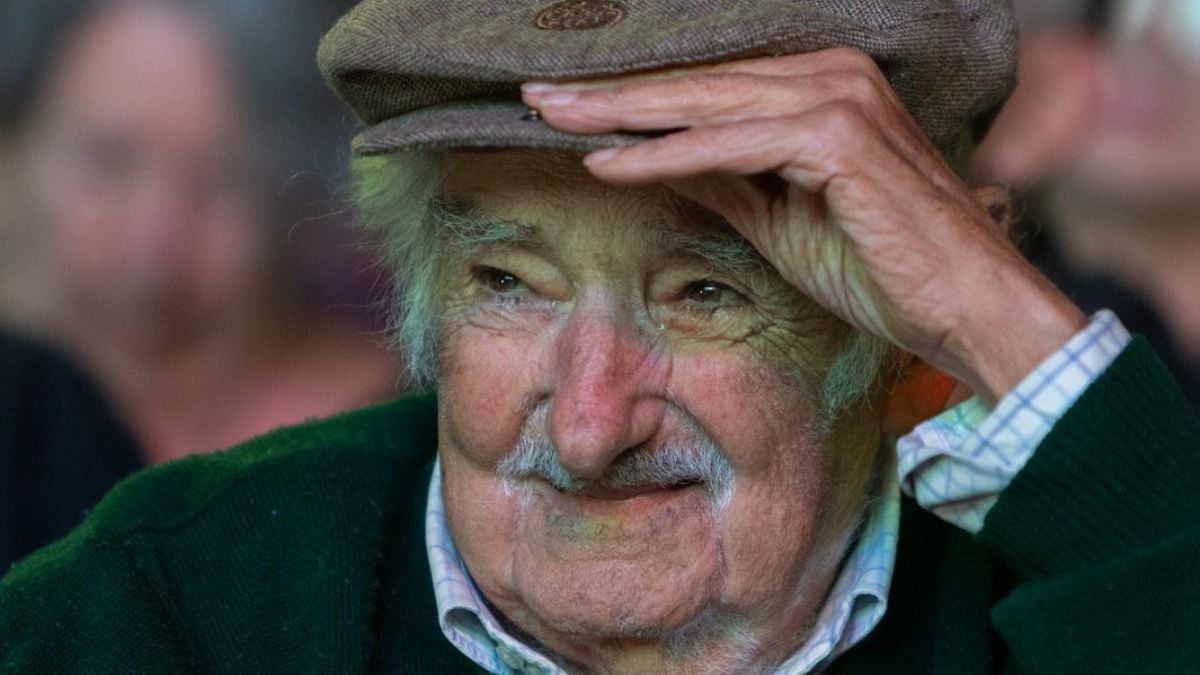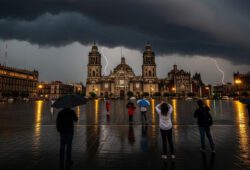
Pepe Mujica, former president of Uruguay and former left-wing guerrilla, died this Tuesday at the age of 89. His death was confirmed by current president Yamandú Orsi, who shared a message of condolences on social media and highlighted Mujica’s deep love for his people.
“With deep sorrow, we announce the passing of our comrade Pepe Mujica. President, activist, leader, and guide. We’re going to miss you dearly, beloved Old Man. Thank you for everything you gave us and for your profound love for your people,” he wrote on his X (formerly Twitter) account.
ALSO READ Starbucks launches new FARM Rio cup collection! When will it go on sale?
Con profundo dolor comunicamos que falleció nuestro compañero Pepe Mujica. Presidente, militante, referente y conductor. Te vamos a extrañar mucho Viejo querido. Gracias por todo lo que nos diste y por tu profundo amor por tu pueblo.
— Yamandú Orsi (@OrsiYamandu) May 13, 2025
What Did Pepe Mujica Die Of?
José Mujica, who spent more than a decade in prison before becoming president of Uruguay, made history by legalizing cannabis, making Uruguay the first country in the world to do so.
The cause of death has not yet been officially disclosed. However, in April 2024, Mujica was diagnosed with esophageal cancer. In January of this year, he chose to suspend treatment after the cancer spread to his liver, stating that he wished to spend his remaining time in peace.
Pepe Mujica’s Net Worth
José Mujica’s net worth was never particularly high, as he donated a large portion of his presidential salary to charity and consistently lived a modest lifestyle. This earned him the nickname “the world’s poorest president.”
During his presidency from March 2010 to March 2015, Mujica earned a monthly salary of 260,259 Uruguayan pesos. Upon leaving office in March 2015, he declared a net worth of 8,077,063 pesos—approximately $300,000 USD. His current net worth is not publicly known.
ALSO READ Walmart celebrates National Pet Month with savings and low prices! Here are the deals
Who Was Pepe Mujica?
José Alberto Mujica Cordano, popularly known as “Pepe Mujica,” was born on May 20, 1935, in Montevideo, Uruguay, into a low-income family. In the 1960s, he joined the National Liberation Movement-Tupamaros (MLN-T), a guerrilla group that launched an armed struggle against the democratic governments of the time. His involvement came at a great personal cost: he was captured multiple times, shot on several occasions, and once escaped from prison through a tunnel with fellow militants.
He was arrested for the last time in 1972 and spent the next 13 years in prison, most of it during Uruguay’s military dictatorship (1973–1985). During that time, he endured extremely harsh conditions. In a 2020 interview, he recounted spending six months with his hands tied with wire, going days covered in filth, and having to clean himself with just a damp cloth and a glass of water for two years.
With the return of democracy, Mujica reentered politics through institutional channels. He was elected senator and later served as Minister of Livestock, Agriculture, and Fisheries. Eventually, he ran for president with a platform focused on improving education, reducing poverty, and tackling insecurity. In November 2009, he was elected president after defeating former president Luis Alberto Lacalle, becoming Uruguay’s 40th president.
Mujica was part of a wave of progressive governments in Latin America known as the “Pink Tide,” alongside leaders like Cristina Fernández de Kirchner in Argentina and Hugo Chávez in Venezuela. However, unlike many of his regional counterparts, Mujica took a more pragmatic economic approach: he welcomed foreign investment and avoided populist measures that led to economic decline in other countries. His austere lifestyle and honest rhetoric earned him international recognition.








